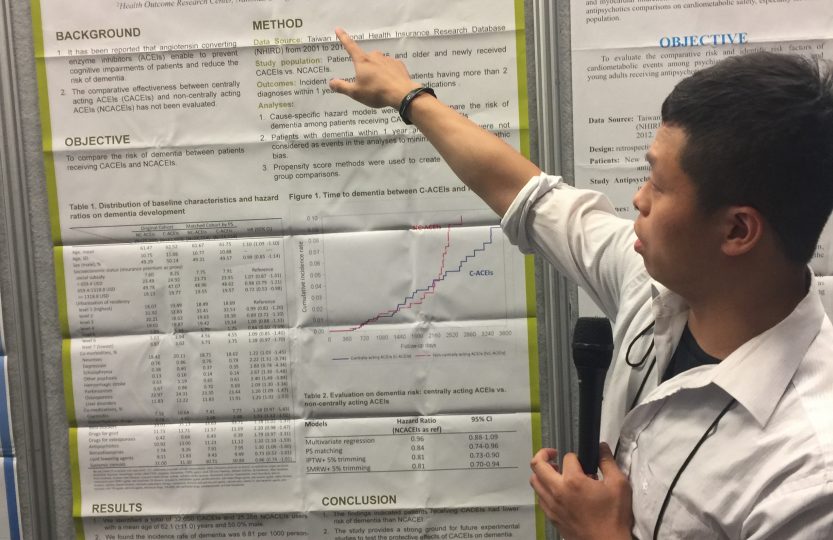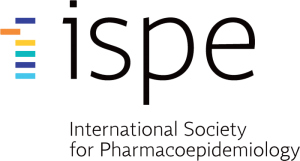The Prescription Sequence Symmetry Analysis (PSSA) Study 2:
Association between thiazolidinediones and cardiovascular diseases.
Objective:
To test the risk of cardiovascular disease from thiazolidinediones across AsPEN countries.
Method:
Pharmacogenetic differences between Asian and Caucasian populations led to a hypothesis that the adverse cardiovascular events of thiazolidinediones may be less common in Asian populations than Caucasian populations. Australia (two datasets), Korea, Japan (two groups) and Taiwan all participated, with a collective population coverage of 75 million persons. Frusemide initiation was the marker of heart failure and prescription sequence symmetry analysis was the method used. Hospital data were also used in this study to determine risk of myocardial infarction, as well as heart failure.
Milestones:
The preliminary results of this study were presented at the 2011 ACPE meeting in Beijing.
Contact:
Dr Libby Roughead, University of South Australia
Email: Libby.Roughead@unisa.edu.au


